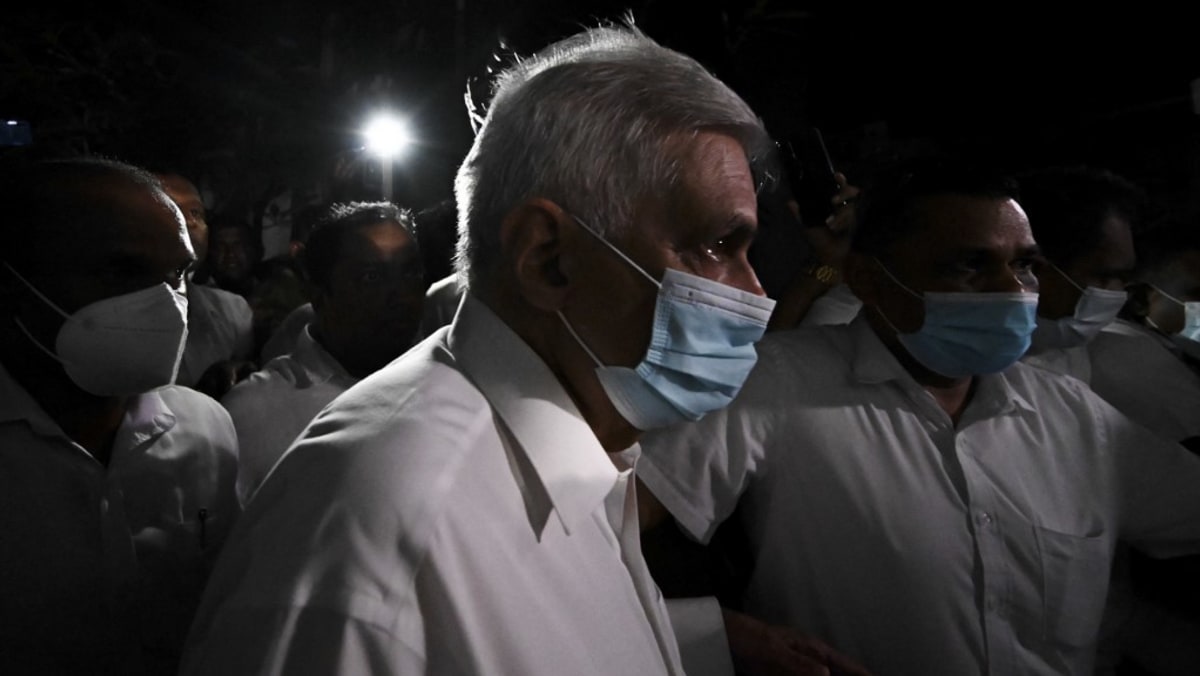
Parliament would reconvene on Saturday and be notified formally of the vacancy at the top, with a vote for a new president set for Jul 20.
The influential lawyers’ collective, the Bar Association of Sri Lanka, called on parliament to ensure that the election of Rajapaksa’s successor is held without delay.
“Members of Parliament must do everything in their power to prevent Sri Lanka from plunging into further chaos and to restore social, political and economic stability,” it said in a statement.
The opposition’s presidential nominee is Sajith Premadasa, while the potential dark horse is senior lawmaker Dullas Alahapperuma.
PRESIDENTIAL POWERS
After he was sworn in by the chief justice, Wickremesinghe said he would follow the constitutional process and establish law and order in the South Asian country.
He also vowed to start moves to increase parliament’s powers and reduce those of the president, as demanded by protesters.
“This change can be completed by the new president once he is elected by parliament next week,” Wickremesinghe said.
Street protests over Sri Lanka’s economic meltdown simmered for months before coming to a head last weekend when hundreds of thousands of people took over government buildings in Colombo, blaming the Rajapaksa family and allies for runaway inflation, shortages of basic goods, and corruption.
Serpentine queues outside fuel pumps have become common, while the government has closed schools and enforced work-from-home for office workers to conserve fuel.
The country of 22 million people has nearly run out of dollars for imports and has defaulted on foreign loans.
Headline inflation hit 54.6 per cent last month and the central bank has warned that it could rise to 70 per cent in the coming months.
Sri Lanka had begun preliminary discussions with the International Monetary Fund about a potential bailout loan, but these have been interrupted by the latest government chaos.

